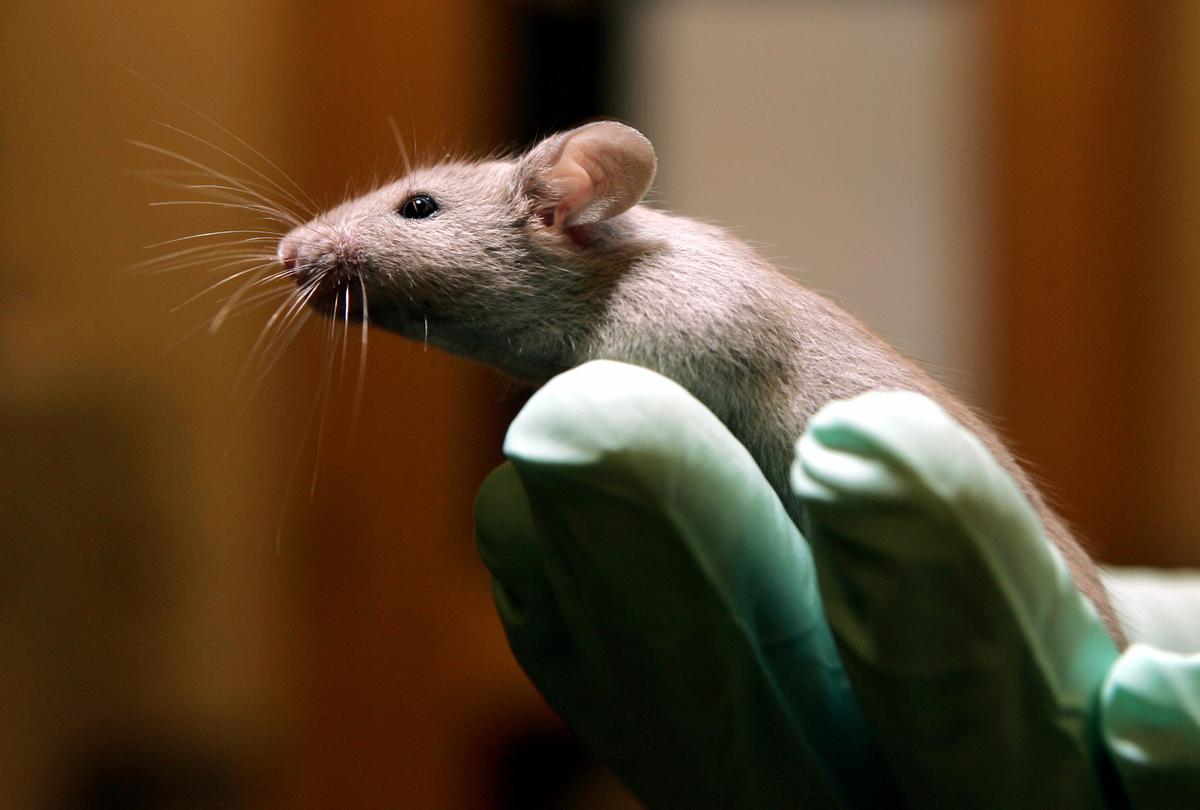
What is ethical animal research? A scientist and veterinarian explain
The Hindu
Specific guidelines for ethical animal research are typically established by national governments.
A proposed measure in Switzerland would have made that country the first to ban medical and scientific experimentation on animals. It failed to pass in February 2022, with only 21% of voters in favour. Yet globally, including in the United States, there is concern about whether animal research is ethical.
We are scientists who support ethical animal research that reduces suffering of humans and animals alike by helping researchers discover the causes of disease and how to treat it. One of us is a neuroscientist who studies behavioral treatments and medications for people with post-traumatic stress disorder – treatments made possible by research with dogs and rodents. The other is a veterinarian who cares for laboratory animals in research studies and trains researchers on how to interact with their subjects.
We both place high importance on ensuring that animal research is conducted ethically and humanely. But what counts as “ethical” animal research in the first place?
There is no single standard definition of ethical animal research. However, it broadly means the humane care of research animals – from their acquisition and housing to the study experience itself.
Federal research agencies follow guiding principles in evaluating the use and care of animals in research. One is that the research must increase knowledge and, either directly or indirectly, have the potential to benefit the health and welfare of humans and other animals. Another is that only the minimum number of animals required to obtain valid results should be included.
Researchers must use procedures that minimise pain and distress and maximise the animals’ welfare. They are also asked to consider whether they could use non-animal alternatives instead, such as mathematical models or computer simulations.
These principles are summarized by the “3 R’s” of animal research: reduction, refinement and replacement. The 3 R’s encourage scientists to develop new techniques that allow them to replace animals with appropriate alternatives.





















 Run 3 Space | Play Space Running Game
Run 3 Space | Play Space Running Game Traffic Jam 3D | Online Racing Game
Traffic Jam 3D | Online Racing Game Duck Hunt | Play Old Classic Game
Duck Hunt | Play Old Classic Game











